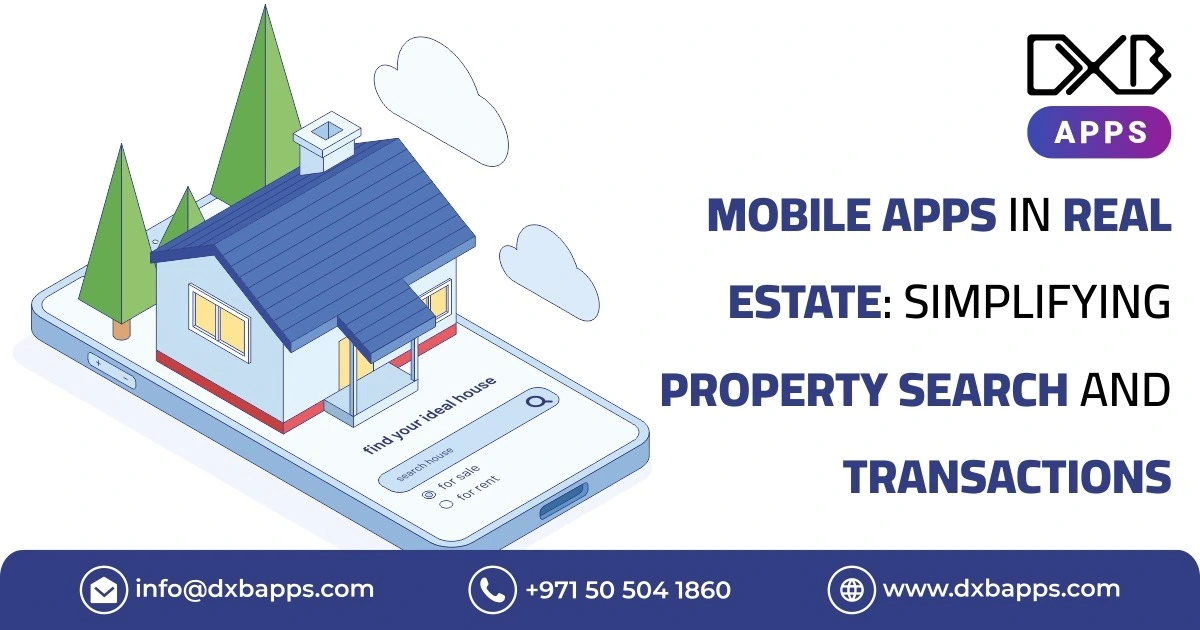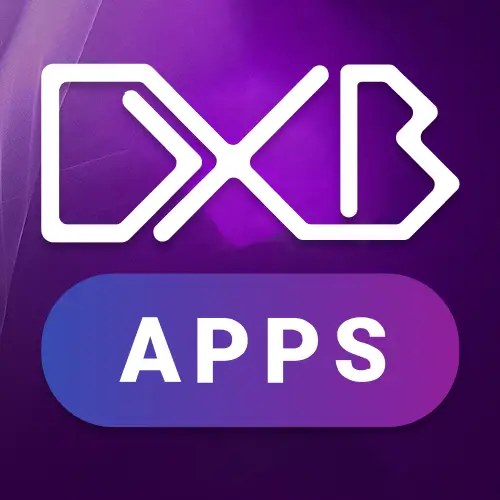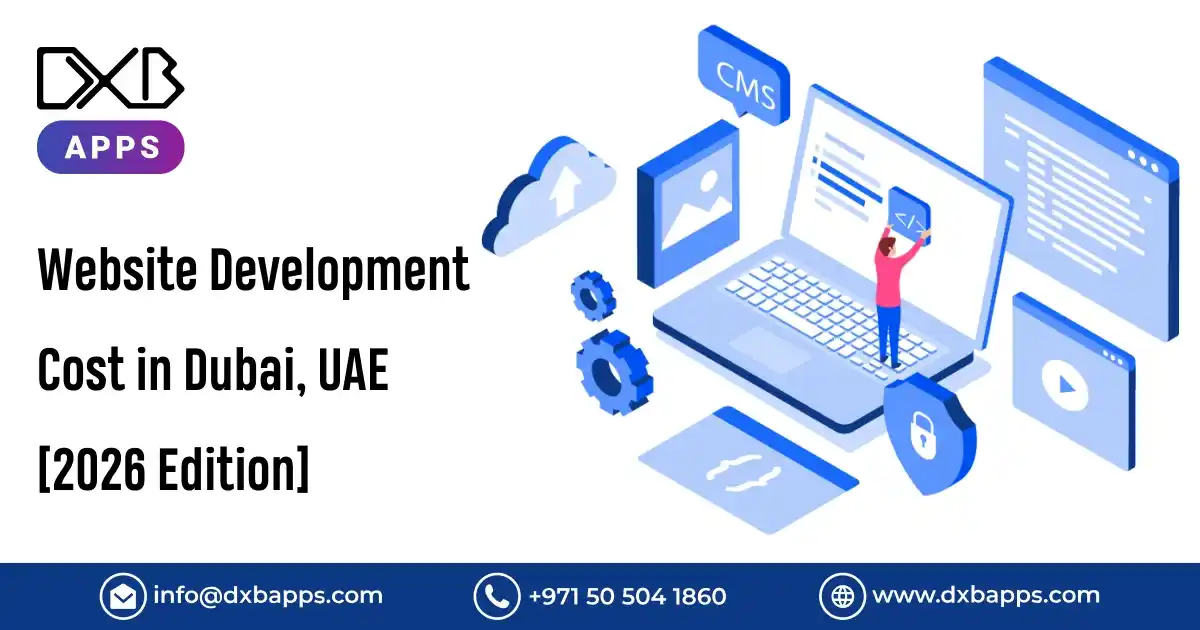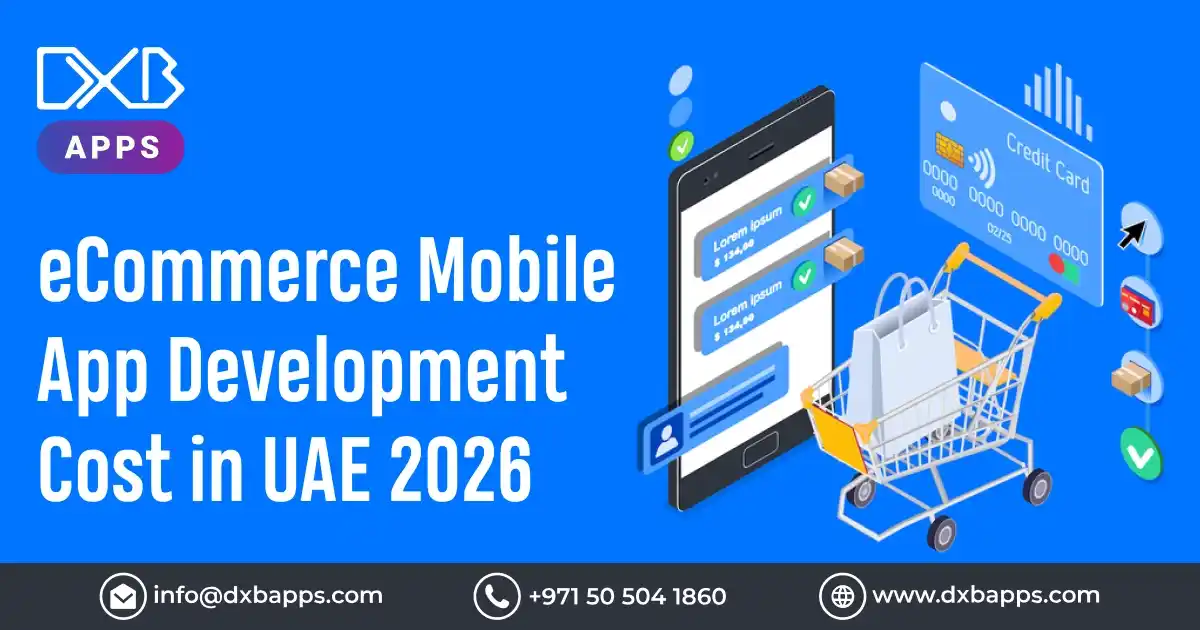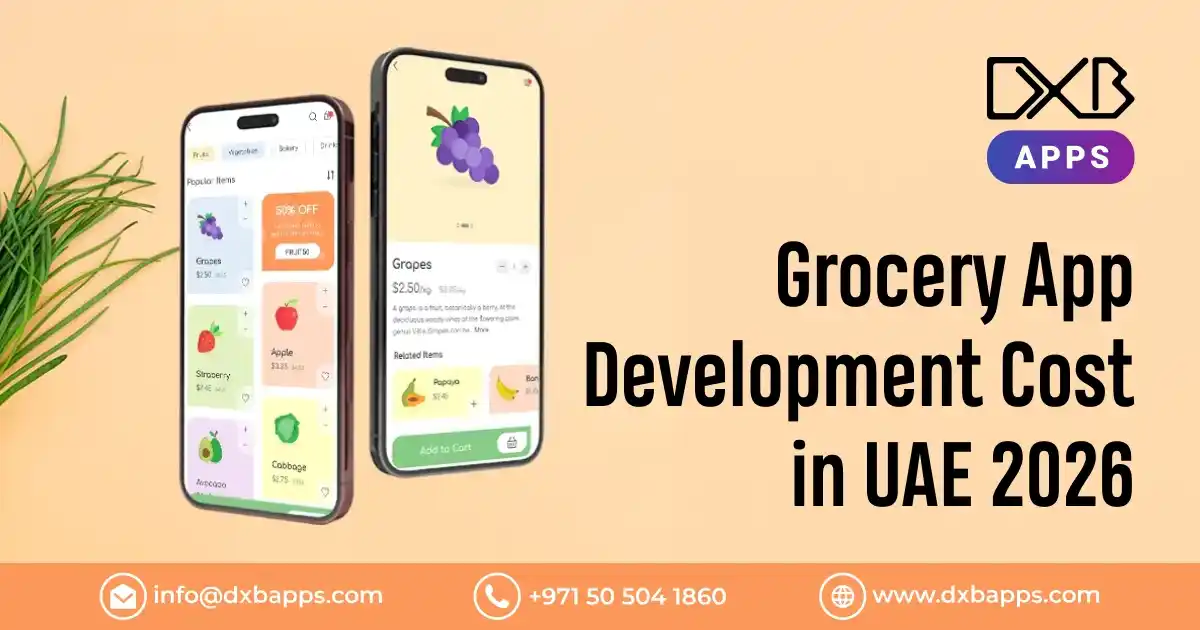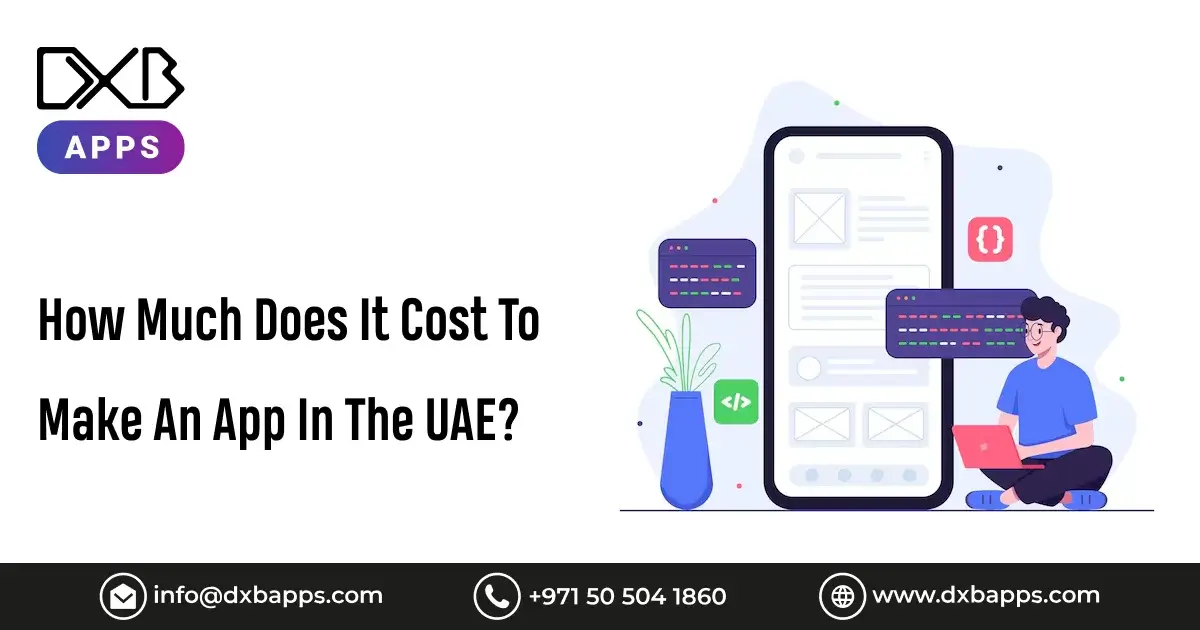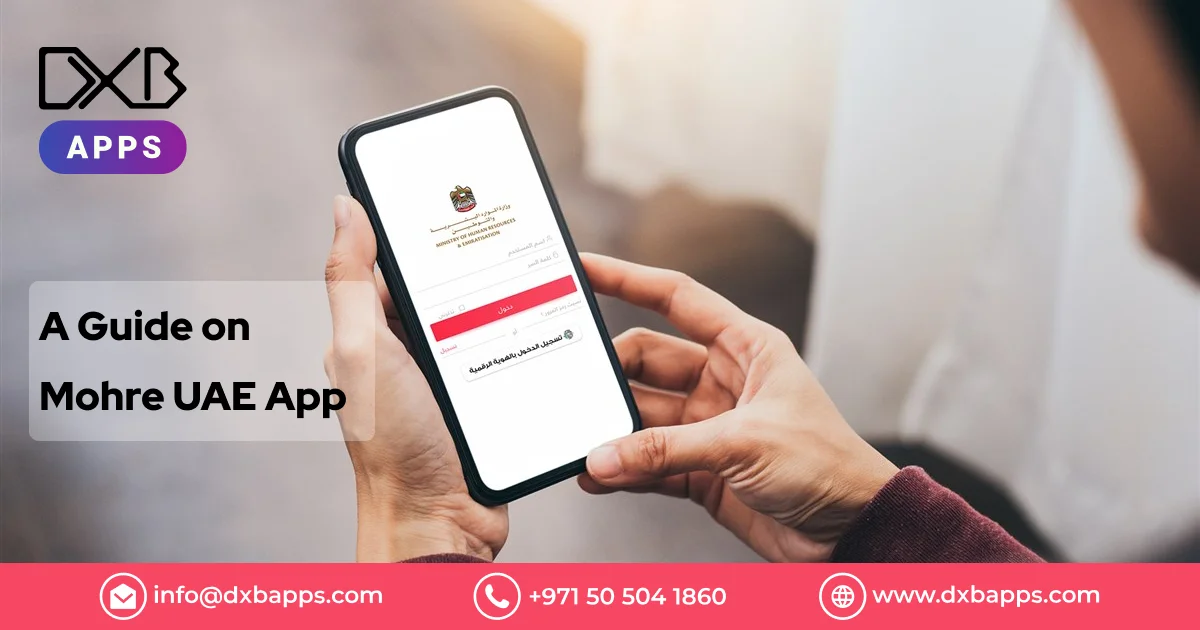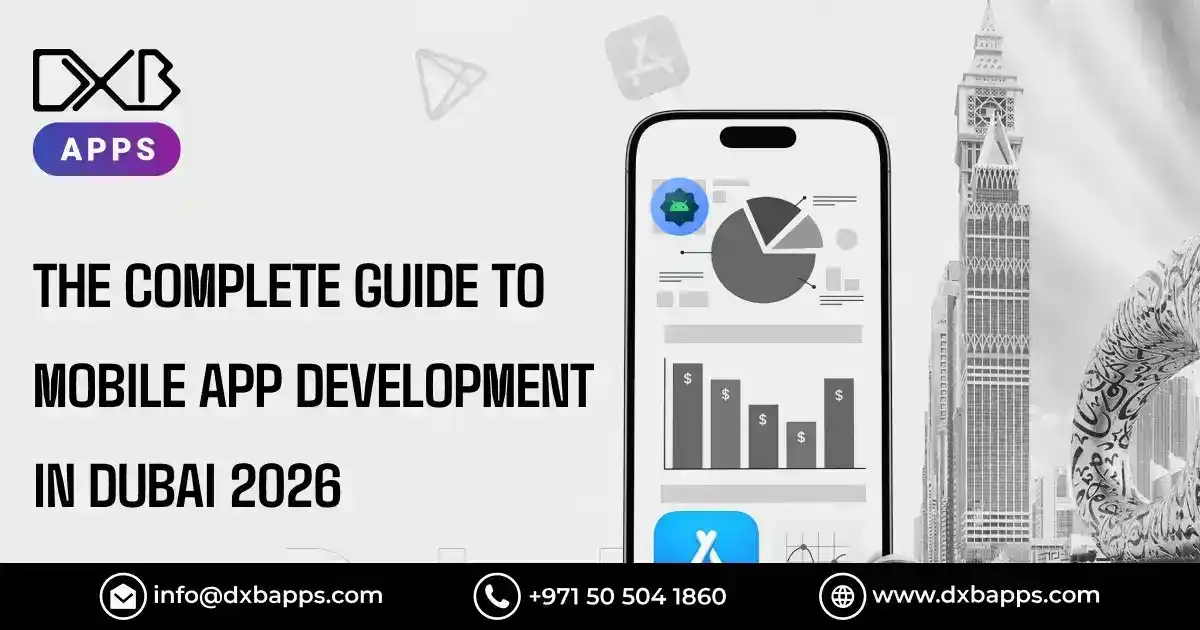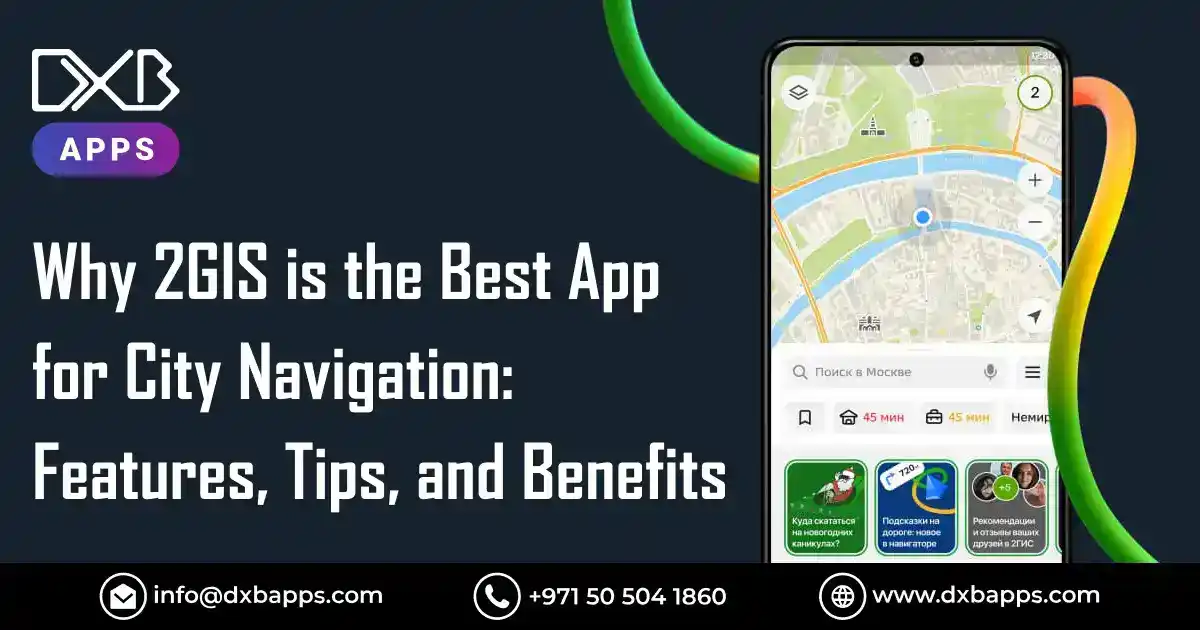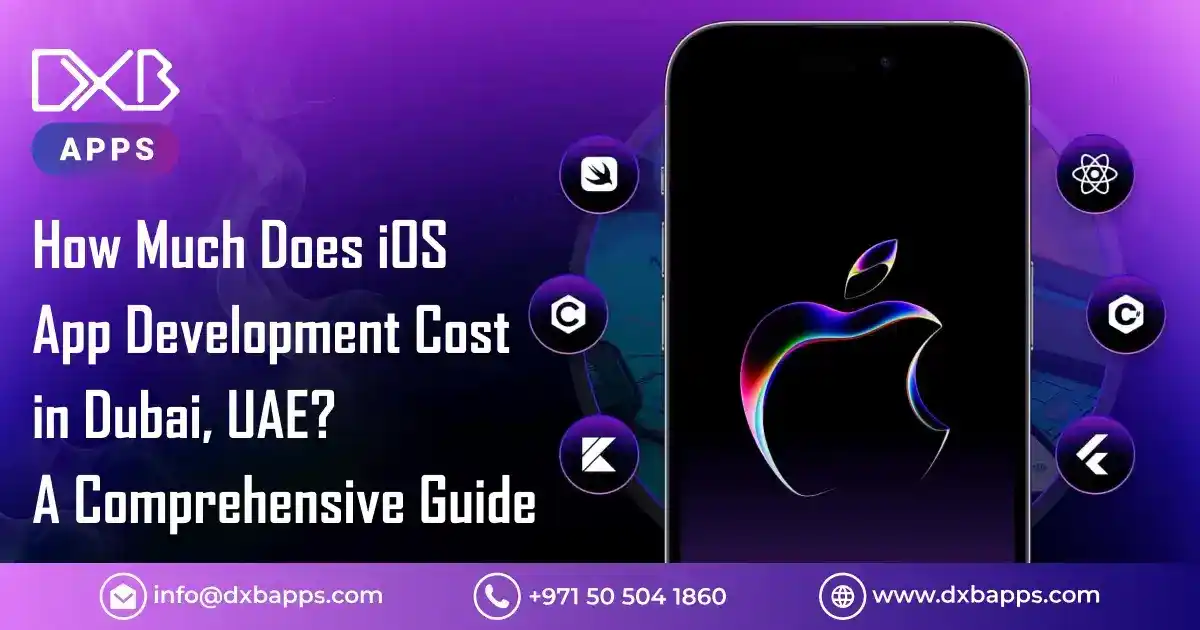In today's digital age, mobile apps have become an integral part of our lives. From ordering food to booking flights, there's an app for almost everything. The real estate industry is no exception to this trend. With the increasing demand for convenient and efficient property search and transactions, mobile apps have emerged as a powerful tool in the real estate market. In this article, we will explore how mobile apps are simplifying property search and transactions, particularly in the context of the Dubai marketplace.
1. Introduction: The Role of Mobile Apps in Real Estate
In the fast-paced world of real estate, mobile apps have revolutionized the way people search for properties and conduct transactions. These apps offer convenience, efficiency, and a seamless user experience. With just a few taps on their smartphones, users can explore a wide range of properties, view high-quality images, access detailed property information, and even schedule virtual tours. Mobile apps have become an essential tool for both buyers and sellers, making the property search and transaction process more streamlined and accessible.
2. Benefits of Mobile Apps in Property Search
2.1 Access to Comprehensive Listings
Mobile apps provide users with access to an extensive database of properties for sale or rent. These listings are updated in real-time, ensuring that users have the most accurate and up-to-date information. With advanced search filters and sorting options, users can narrow down their search based on location, price range, property type, and other specific criteria. This saves time and effort, enabling users to find properties that match their preferences quickly.
2.2 Enhanced Search Capabilities
Mobile apps offer powerful search capabilities, allowing users to refine their search based on various factors such as property size, amenities, and proximity to essential services. Intelligent algorithms and machine learning algorithms can also provide personalized property recommendations based on the user's search history and preferences. This level of customization helps users discover properties that align with their specific requirements, making the property search process more efficient and targeted.
2.3 Virtual Tours and Augmented Reality (AR)
One of the most significant advantages of mobile apps in real estate is the ability to provide virtual tours and augmented reality experiences. With the help of 3D imaging and virtual reality technology, users can explore properties remotely as if they were physically present. This immersive experience gives potential buyers a realistic sense of the property's layout, design, and spatial features. Augmented reality (AR) technology also enables users to visualize furniture placement and interior design options, helping them envision the property's potential.
2.4 Interactive Maps and Neighborhood Information
Mobile apps often integrate interactive maps and neighborhood information, allowing users to explore the surrounding areas of a property. They can view nearby schools, hospitals, restaurants, and other amenities that are important for their lifestyle. This comprehensive information empowers users to make informed decisions about the property's location and suitability, enhancing the overall property search experience.
2.5 Real-Time Notifications
Mobile apps keep users updated with real-time notifications about new listings, price changes, and other relevant information. Users can set preferences and receive alerts based on their specific criteria, ensuring that they don't miss out on any opportunities. Real-time notifications enable users to stay proactive and responsive in a highly competitive real estate market, giving them a significant advantage in securing their desired properties.
3. Streamlining Transactions with Mobile Apps
In addition to property search, mobile apps also streamline the transaction process, making it faster, more secure, and hassle-free. Here are some ways mobile apps simplify property transactions:
3.1 Secure Online Payments and Transactions
Mobile apps enable users to make secure online payments and transactions directly through the app. This eliminates the need for physical paperwork and reduces the risk of fraud or errors. Users can pay booking fees, down payments, and other transaction-related expenses conveniently and securely using various payment methods.
3.2 Document Management and Digital Signatures
With mobile apps, all transaction-related documents can be stored, managed, and signed digitally. This eliminates the need for physical document handling and allows for easy access and retrieval of important paperwork. Digital signatures provide a legally binding and efficient way to sign contracts and agreements, reducing the time and effort required for traditional paperwork.
3.3 Communication and Collaboration Tools
Mobile apps facilitate seamless communication and collaboration between buyers, sellers, agents, and other involved parties. In-app messaging and chat features enable users to ask questions, seek clarification, and negotiate terms directly within the app. This streamlines the communication process and ensures that all parties are on the same page throughout the transaction.
3.4 Integration with Other Real Estate Services
Many mobile apps integrate with other real estate services, such as mortgage calculators, property valuation tools, and legal services. These integrations provide users with a comprehensive suite of tools and resources to support their property transactions. By having everything conveniently accessible within a single app, users can save time and effort while making well-informed decisions.
4. Mobile App Development for Real Estate Companies
As mobile apps continue to play a crucial role in the real estate industry, many companies are investing in mobile app development to enhance their business offerings. At DXB Apps, we understand the unique requirements of the Dubai marketplace and offer professional mobile app development services tailored specifically for the real estate industry. Our expertise extends beyond just mobile app development - we cater to different industries, from real estate to tourism, healthcare, and retail.
4.1 Factors to Consider Before Developing a Mobile App
Before diving into mobile app development, it's essential to define the app's objectives, target audience, and key features. Understanding the specific needs and preferences of the target market helps in designing a user-centric app that delivers value and drives engagement.
4.2 Key Features and Functionality
When developing a real estate app, it's crucial to include features such as advanced search filters, property bookmarking, virtual tours, and secure payment options. The app should also have a user-friendly interface, intuitive navigation, and seamless integration with external services and APIs.
4.3 Cost of Mobile App Development
The cost of mobile app development for real estate can vary depending on factors such as app complexity, design requirements, and development platform. At DXB Apps, we provide competitive pricing and transparent cost estimates for your mobile app development project. Our team will work closely with you to ensure that the app meets your specific needs and budget.
5. Emerging Technologies in Real Estate Apps
The real estate industry is continually evolving, driven by advancements in technology. At DXB Apps, we stay at the forefront of these technological advancements to provide innovative solutions for our clients. Here are some emerging technologies that are shaping the future of real estate apps:
5.1 Augmented Reality (AR) and Virtual Reality (VR)
AR and VR technologies enable users to experience properties in a more immersive and interactive way. Users can virtually walk through properties, visualize renovations, and even decorate virtual spaces. These technologies enhance the user experience and help buyers make more informed decisions.
5.2 Blockchain Technology for Security and Transparency
Blockchain technology offers enhanced security and transparency in property transactions. By leveraging blockchain, real estate apps can provide immutable records of ownership, streamline the verification process, and reduce the risk of fraud. Blockchain also enables fractional property ownership, opening up new investment opportunities.
5.3 Artificial Intelligence (AI) for Personalized Recommendations
AI algorithms can analyze user preferences, search history, and other data to provide personalized property recommendations. By understanding user preferences, AI-powered apps can present relevant listings and tailored suggestions, making the property search process more efficient and effective.
6. Best Practices for Real Estate Mobile App Development
To create a successful real estate mobile app, it's crucial to follow best practices that prioritize user experience and functionality. At DXB Apps, we adhere to industry best practices and ensure that our mobile apps deliver a seamless and engaging experience. Here are some key considerations:
6.1 User-Friendly Interface and Navigation
A user-friendly interface with intuitive navigation ensures that users can easily navigate through the app and access the desired information. Clear and concise menus, buttons, and search options contribute to a seamless user experience.
6.2 Responsive Design for Multiple Devices
Real estate apps should be designed to work smoothly across various devices and screen sizes. Responsive design ensures that the app's layout and functionality adapt seamlessly to different smartphones and tablets.
6.3 Data Security and Privacy Measures
Given the sensitivity of personal and financial information involved in real estate transactions, it's essential to prioritize data security and privacy. At DXB Apps, we implement robust security measures, such as encryption and secure authentication, to protect user data and build trust.
6.4 Regular Updates and Maintenance
Continuously updating and maintaining the app is vital to fix bugs, improve performance, and add new features. At DXB Apps, we provide regular updates and maintenance services to ensure that your app remains compatible with the latest operating systems and devices, providing a seamless user experience.
7. Conclusion
Mobile apps have revolutionized the real estate industry by simplifying property search and transactions. With comprehensive listings, advanced search capabilities, virtual tours, and secure payment options, these apps provide users with a convenient and efficient way to find and transact properties. As the industry evolves, emerging technologies like AR, VR, blockchain, and AI are further enhancing the capabilities of real estate apps. By choosing DXB Apps as your mobile app development partner in Dubai, you can leverage our expertise and industry knowledge to create a high-quality and user-centric app that meets the unique needs of the Dubai marketplace.
To explore how DXB Apps can help you transform your real estate business with a customized mobile app development. Our team is ready to assist you in developing a powerful and engaging app that simplifies property search and transactions for your target audience in Dubai.

